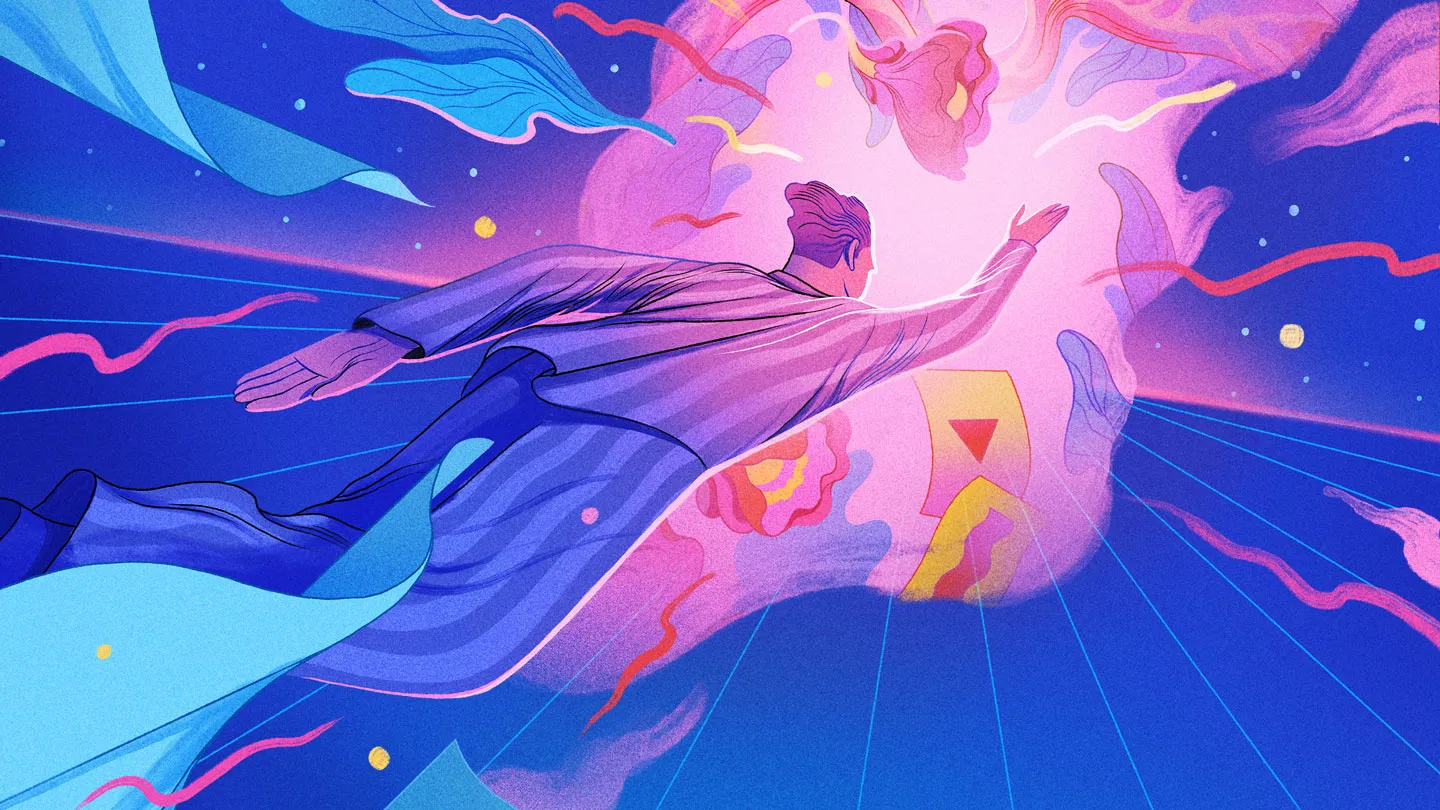I’m an awful sleeper. I stir easily, dream vividly, and wake from nausea a few times a night that only a shower will quell.
Yet sleep fascinates me. What does it do for the body? What does it do for the mind? Why do naps come so much easier than bedtimes? Why do we not start awake every time we begin dreaming with the realization that, suddenly, we are flying? Or pantless?
It’s that last part that’s intrigued me of late (the dreaming, not the pants). Did you know that when we dream, our brain paralyzes us from the neck down so that don’t run into walls while dreaming we’re fleeing a predator, or choking out our partner in bed as we dream of, say, meeting Trump?
Specifically, the notion of lucid dreaming — being aware that you’re in a dream while you’re dreaming — has preoccupied me. Perhaps it’s from the unpleasant dreams I’ve been having recently that I’m back at work, but no editor will assign me a story. Or I’m in a mall with no exit.
A recent night was a typically rough one, and at 3:30 am, drying out of the shower, I told myself I would have a lucid dream. I dreamt I was back at The Post, storyless. Lucidity failed.
I awoke at 5 am, showered again, pledged I wasn’t going to be ignored by imagined editors anymore, and tried to sleep. Without swiftness or segue, I was in a mall with plenty of shops, but no doors out.
It took a couple minutes, but eventually, I knew I was in a dream. Lucidity!
Problem was, I hadn’t really thought through what I’d do if I reached lucid dreaming; my brushes with it previously were to snap out of bad dreams, and I’d succeeded only twice.
But this was at the start of the dream. What an empowering feeling, knowing the dream cannot hurt you. Empowering — for a time.
I walked up to the REM sales cashier and asked where the exit was. He gave me the same blank, wordless gaze. Where normally I leave the store and begin the sprint-search through the mall for a way out, this time I went on the offensive: How did YOU get here? Where will YOU walk at the end of your shift?
Again, nothing.
”You’re a dumbass,” I proclaim as I march into an adjacent shop, an earring store for some reason.
But when I walk through the door, I am instantly back at the Post without an assignment.
I’m at my desk, and a message is scrolling across my screen: “Where’s the story?!”
I am typing back “What story?” when the editor is suddenly over my shoulder, glowering. Unafraid and unhinged, I stand to punch him in the face. I got your story right here, pal. I clock him. But it lands with all the force of a butterfly fart.
Swing again. Pfffft. A shot to the gut. Tssst. I try to shove him back, but he’s heavy as wet sand. An immovable, impatient dune. Dream Scenario nailed it.
Now I want out of the dream. I begin to pace the newsroom, trying to remember how to awaken. The previous lucid dreams were momentary, slivers of awareness that I could drop a great height, let go a precarious ledge, because it was only a dream. But there’s no danger here. Just frustration.
Finally, opening my eyes wide in the dream forces my lids up into the greeting morning sun. The lucid dream, conquered. Yes!
What followed was the most fatigued day since retirement. My circadian rhythms were utterly shot. I dragged my ass to the park well after 11, and collapsed in a nap minutes after returning home. I did not attempt to lucid dream then.
And I may not again. The great thing about lucid dreaming is you can interact with people exactly as your id and ego fantasize.
The bad thing is that people you interact with in a lucid dream know you’re lucid dreaming. Or don’t give a shit, which might be worse. Plus the whole circadian thing.
Alan Watts had it right. If we really could determine our dreams, wouldn’t we want slightly dangerous, slightly vulnerable, slightly unpredictable? Kind of like real life?
Something to sleep on.

